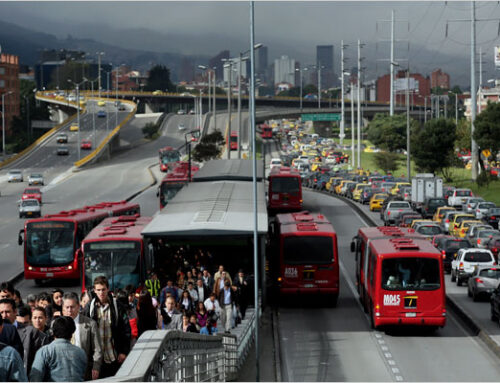October 7, 2021
Members of the WRTA Advisory Board,
We are grateful for your decision to suspend fare collection during the pandemic. It has made a great difference to residents in our communities and for the rebounding of the local economy. We ask that you continue to support essential workers during one of the worst public health crises in the nation’s history and vote again to use federal pandemic relief and recovery funds to extend the suspension of fares until the end of 2022.
The WRTA Advisory Board and Administrator have maintained that, if financial resources become available, they will continue the suspension of fares on WRTA buses. Indeed, the federal government has allocated $43.5 million from the CARES Act and American Rescue Plan to the WRTA to address the ongoing impact of the pandemic. These funds can and should be used to eliminate fares and replace the lost revenue.
Now more than ever, residents in the WRTA service area need the continuation of a fare-free bus system. The COVID-19 pandemic has hurt WRTA communities in many ways: loss of jobs, evictions, foreclosures and food insecurity. Low-income residents are among those hardest hit by the pandemic, which exacerbated existing needs. Our low-income residents include essential workers, who are the backbone of our community and the region’s economy.
Zero Fare is an economic revitalization tool that benefits our workers, businesses and municipalities, especially during this time of economic uncertainty. “Because transit riders (and especially bus riders) tend to be lower-income, they tend to spend a large majority of their income on goods and services. As a result, the money they receive re-circulates through the economy, multiplying the impact on the economy.” (MassBudget, 2021). If fare collection resumes during this crucial time, and essential workers and low-income residents have to put more of their money towards transportation, our local economy will suffer.
The benefit of fare suspension is a growing promising practice across the state for its ability to support economic revitalization and equity. A recent Federal Reserve Bank of Boston brief reports that out of 34 bus systems in all of New England, the WRTA lost the fewest number of riders, with 80% ridership now as compared to pre-pandemic. Since the WRTA is one of few transit authorities in Massachusetts that have maintained a fare free policy, this brief supports the contention that free fares attributed to increased ridership. Additionally, there are two very promising bills currently before the state legislature to provide support for the concepts of zero fare bus systems in the future: H3526, “An Act relative to low income transit fares, and H3403/ S2340, “An Act relative to fare free buses”.
To date, the WRTA has only spent approximately $5 million of the allocated emergency CARES Act funds and budgeted to spend another $4.8 million in the coming year, which leaves, in total, $27 million of the federal relief and recovery funding available over the next five years. Federal stimulus packages are large enough to fully offset immediate revenue losses to the WRTA, and when combined with the infrastructure bill under consideration (~$39.2 billion), could enable the WRTA to meet rider needs and maintain long-term financial viability.
The WRTA should use $3.2 million out of the $27 million remaining in federal pandemic relief and recovery funds to continue to bolster our economy and offer relief to riders at the farebox during this ongoing pandemic, as intended by policymakers.
We urge all members of the WRTA Advisory Board to heed our call again for essential workers and low-income residents. Do the right thing and vote to use federal pandemic relief and recovery funds to continue the suspension of fares until the end of 2022.
In Solidarity,
Zero Fare WRTA Coalition
Signees
1. Journey Church – Pastor Lou Soiles
2. Taran Long – Mission E4
3. Rev. Clyde D. Talley signing on representing: Belmont AME Zion Church , Yes We Care, Inc., and Worcester Black Clergy Alliance.
4. Ascentria Care Alliance
5. Worcester Cultural Coalition
6. Central Massachusetts Agency on Aging
7. United Way of Central Massachusetts
8. Dress for Success Worcester
9. Edward Street
10. David Connell and YMCA of Central Massachusetts
11. Southeast Asian Coalition of Central MA
12. Maureen Binienda WPS
13. Boys & Girls Club of Worcester
14. Kiva Centers
15. Worcester Together
16. Coalition for a Healthy Greater Worcester
17. Worcester Community Collections Coalition
18. YWCA Central Massachusetts
19. Worcester Addresses Childhood Trauma
20. Edward M Kennedy Health Center
21. TJ Maxx
22. Committee To Elect Khrystian King
23. SURJ Worcester
Individual Names:
1. Llanet Montoya
2. Chery Schmaltz
3. Meg Gallo
4. Noreen Johnson Smith
5. Jonathan Cohen, GWCF
6. Sue Coghlin Mailman
7. Guillermo Creamer Jr.
8. City Councilor Sean Rose
Please let us know if you would like your organization to sign onto the letter. Or if you would like to sign on as an individual.
